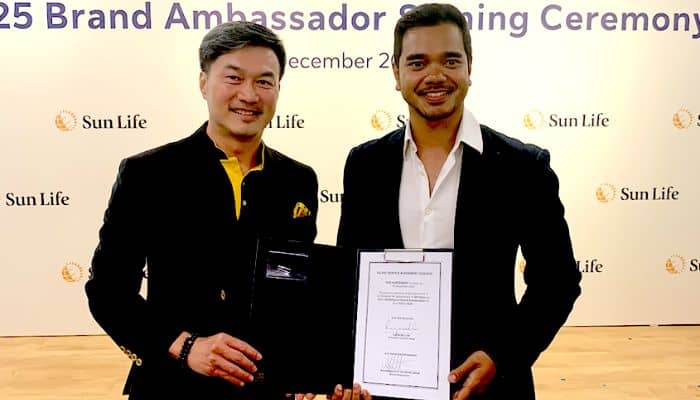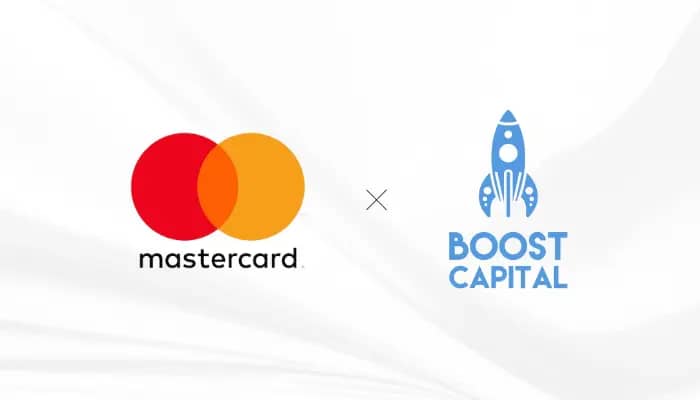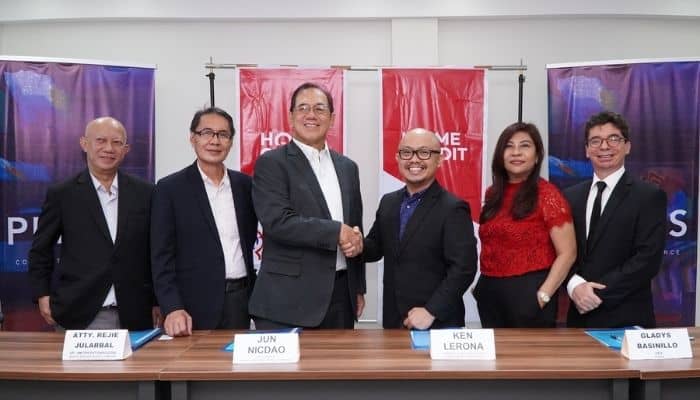Kuala Lumpur, Malaysia – Sun Life Malaysia has announced the appointment of local personality Alif Satar as the brand’s 2025 brand ambassador. This strategic partnership is set to amplify the company’s mission to empower Malaysians with essential financial and Takaful knowledge, with a focus on legacy planning and family financial stability.
The collaboration is an expansion of Sun Life Malaysia’s ‘InsureLit Campaign,’ which has already impacted millions of Malaysians across diverse age groups in 2024 through innovative resources like financial literacy roadshows, engaging workshops, a dedicated women financial empowerment award, series of educational articles and videos and interactive board games.
As a father, entrepreneur, and well-loved public figure, Alif Satar brings a relatable and inspiring voice to Sun Life Malaysia’s campaign. Beyond being the face of the brand, Alif will actively participate in initiatives to raise the bar of Takaful literacy among Malaysians, such as the Takaful 101 video series, a digital content series that equips Malaysians with the knowledge needed to build and protect their financial legacies through Takaful.
Speaking on his ambassadorshop, Alif said, “As a father, my top priority is ensuring a secure future for my family, and as an entrepreneur, I believe financial literacy is not just important. I’m proud to partner with Sun Life Malaysia to help more Malaysians make informed financial decisions and secure brighter futures for their loved ones.”
Meanwhile, Raymond Lew, president and country head of Sun Life Malaysia, commented, “Alif Satar reflects the values that define Sun Life Malaysia – the commitment to building resilient family, entrepreneurship, and financial responsibility. With his influence and genuine connection to Malaysians, we are confident that Alif will inspire people nationwide to take ownership of their financial journeys and build meaningful legacies.”
It is worth noting that based on the “Insure or Unsure: Sun Life Insurance Literacy Survey” done in 2024, only 28% out of 1,107 Malaysians surveyed are confident in their knowledge of insurance and takaful products, while almost one-third (32%) have no insurance protection.
Reflecting on these findings, Lew said that their efforts in 2024 showed the power of creative engagement in promoting financial literacy. He noted, however, that there is still immense potential to elevate financial literacy among general Malaysians.
“With Alif onboard, we’re confident we can deepen our reach and inspire Malaysians of all ages to embrace financial responsibility. Building on this momentum, the InsureLit campaign is set to create an even greater impact in 2025,” he concluded.








